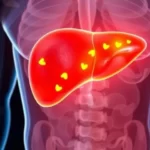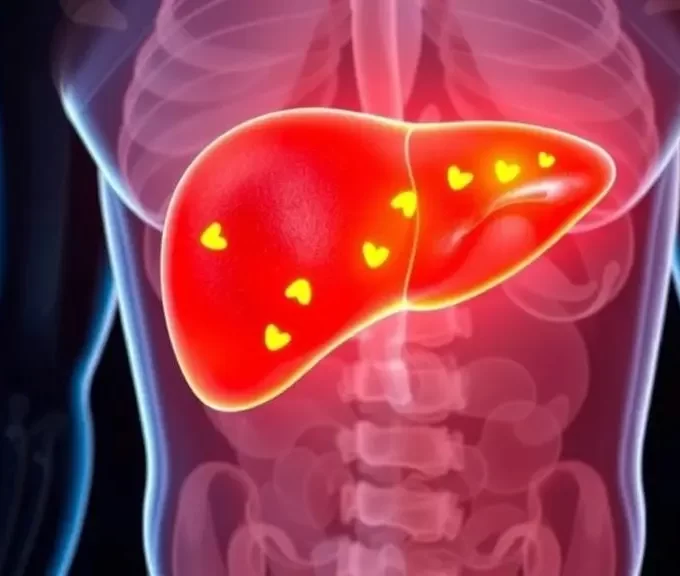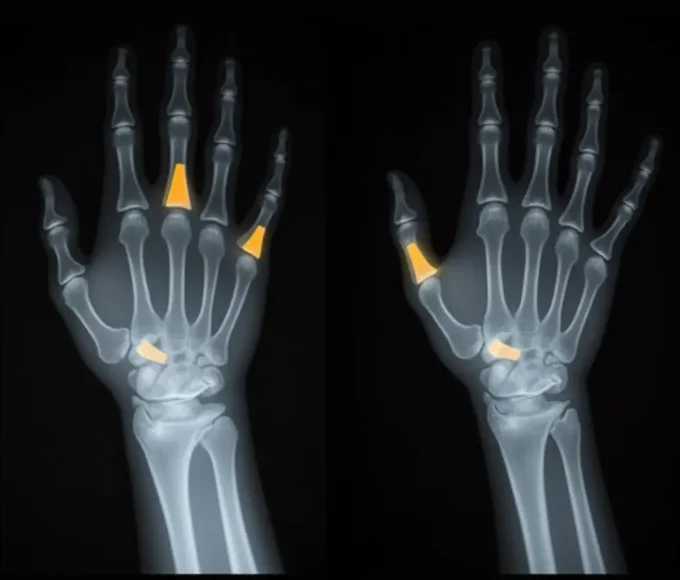Stiff knees can significantly impact daily life, making simple movements challenging. One of the primary causes is osteoarthritis, a degenerative joint condition that progressively damages cartilage, the cushioning tissue between bones in the joints.
Osteoarthritis is the most prevalent form of arthritis. When it affects the knee joint, it leads to chronic pain, restricted mobility, swelling, and stiffness. As the condition advances, the protective cartilage deteriorates, causing bones to rub against each other. This not only intensifies pain but also results in the formation of bone spurs and further joint degeneration.
How Osteoarthritis Affects the Knee Joint
In the early stages, individuals may notice a dull ache in the knees after physical activity. Over time, symptoms can include:
- Pain after walking, climbing stairs, or prolonged standing
- Swelling around the knee
- Stiffness after rest or sleep
- Limited range of motion
- Cracking or popping sounds in the joint
- Nighttime pain that disrupts sleep
These symptoms can worsen if left untreated, often leading to reliance on painkillers and mobility aids.
What Causes Stiff Knees Osteoarthritis?
Knee osteoarthritis doesn’t develop overnight. It’s a gradual process influenced by a combination of internal and external factors. Understanding these root causes is essential for prevention, early detection, and choosing the right treatment path, especially when considering natural approaches like homeopathy. Here are the most common contributors:
- Natural aging and joint wear: As we age, cartilage naturally wears down, making joints more susceptible to inflammation and damage.
- Previous knee injuries or trauma: Sports injuries, fractures, or surgeries can disrupt joint alignment and accelerate degeneration.
- Excess body weight, increasing joint load: Extra weight adds stress to knee joints, especially during movement, speeding up cartilage breakdown.
- Hereditary predisposition: Genetics can influence cartilage quality and inflammatory responses, increasing susceptibility.
- Repetitive joint stress from certain occupations or sports: Jobs or activities involving squatting, kneeling, or heavy lifting can place chronic strain on the knees.
Why Choose Homeopathy for Stiff Knees?
Homeopathic remedies for stiff knees offer a unique, non-invasive alternative to conventional painkillers and joint injections. Unlike medications that provide temporary relief, homeopathy works at a deeper level by:
- Reducing inflammation and pain
- Slowing cartilage degeneration
- Improving joint flexibility and mobility
- Preventing further progression of osteoarthritis
- Providing long-term results without side effects
Importantly, homeopathic medicines are safe for long-term use and do not interact negatively with other treatments when prescribed appropriately.
Top Homeopathic Remedies for Stiff Knees and Osteoarthritis
1. Arnica Montana: Ideal for pain resulting from overuse, trauma, or strain. Arnica helps reduce swelling and tenderness, especially when the knees feel bruised or sore.
2. Rhus Toxicodendron (Rhus Tox): Best suited for stiffness that improves with movement. People who feel worse after resting and better with continued activity benefit most from Rhus Tox.
3. Bryonia Alba: Recommended when knee pain worsens with movement and improves with rest. It’s particularly effective for inflammation with a hot, swollen joint.
4. Ledum Palustre: Works well for cold, painful, swollen joints, especially when symptoms shift from one joint to another.
5. Apis Mellifica: Used in cases where the knee is hot, swollen, and sensitive to touch. Apis also relieves burning, stinging pain, and fluid buildup in the joint.
6. Osteoarthritic Nosode (OAN): This specialized remedy is prepared from synovial fluid taken from osteoarthritic knees. It’s considered in chronic or resistant cases where conventional treatments fail to bring relief.
7. Calcarea Fluorica: An excellent remedy for degenerative joint conditions, Calcarea Fluor improves flexibility and strengthens weakened cartilage and ligaments.
Homeopathy vs Conventional Treatment
While conventional approaches like NSAIDs, corticosteroid injections, and surgery provide temporary pain relief, they often carry risks of side effects and do not prevent the progression of the disease. Homeopathy, in contrast, takes a gentler, holistic route by addressing the underlying susceptibility and supporting natural joint repair.
Conclusion
If you’re dealing with chronic knee stiffness or diagnosed osteoarthritis, stiff knees treatment in homeopathy can offer safe and sustained relief. Remedies like Arnica, Rhus Tox, and Calcarea Fluor have proven effective in improving mobility, reducing pain, and delaying joint deterioration.
For optimal results, it’s essential to consult a qualified homeopath who can assess your condition and tailor the treatment to your specific needs.
FAQs
1. How do you get rid of stiff knees?
Gentle exercise, weight management, warm compresses, and homeopathic remedies like Rhus Tox and Arnica can help relieve stiffness and improve mobility.
2. What is a stiff knee a symptom of?
A stiff knee is often a sign of osteoarthritis, inflammation, prior injury, or cartilage wear due to aging or overuse.
3. Can you reverse stiff knees?
While complete reversal depends on the cause, stiffness can often be reduced through holistic approaches like homeopathy, physical therapy, and lifestyle changes.
4. Is walking good for stiff knees?
Yes, low-impact walking helps maintain joint mobility, reduce stiffness, and strengthen the muscles around the knee, especially when done regularly.











